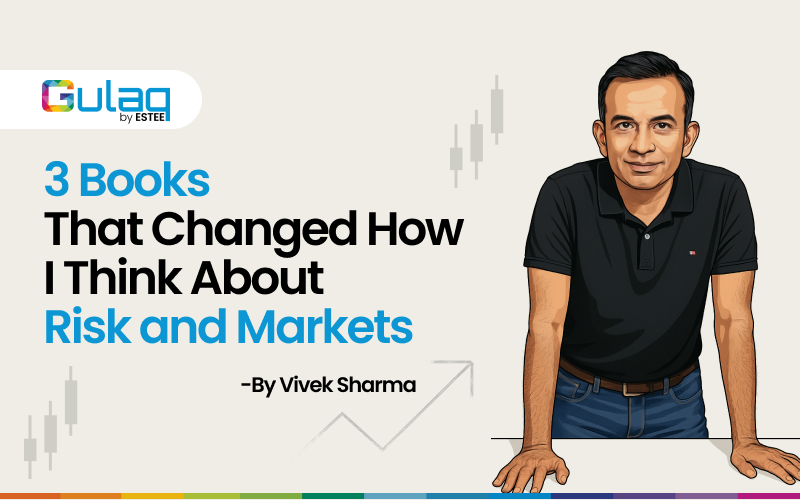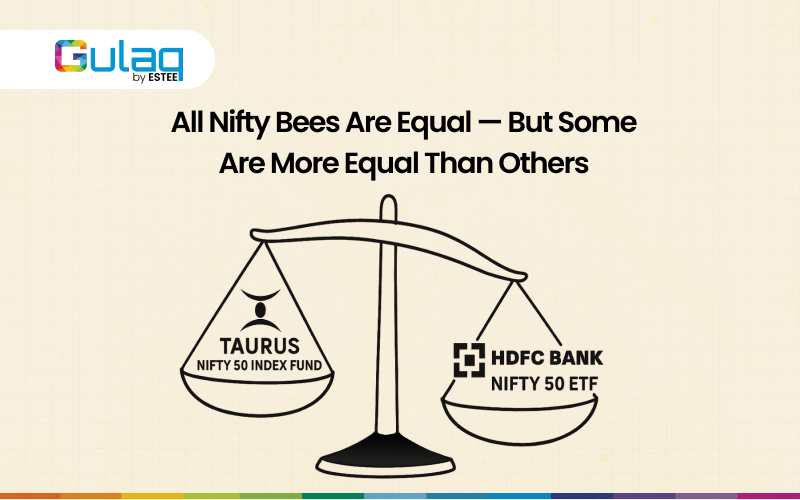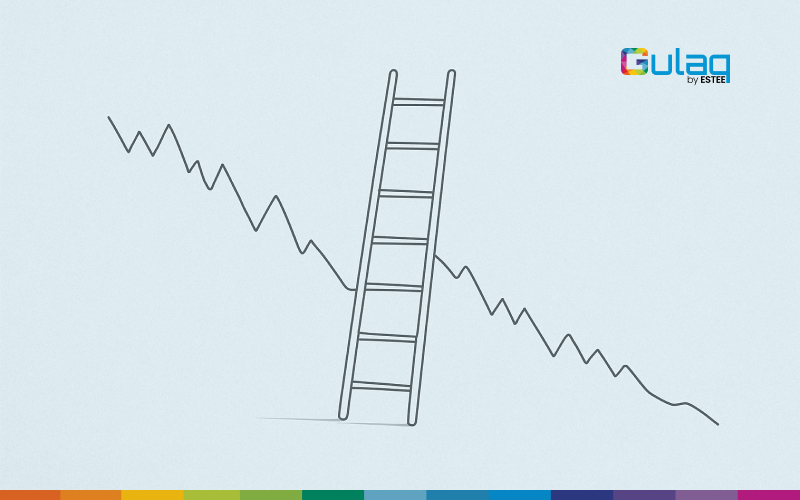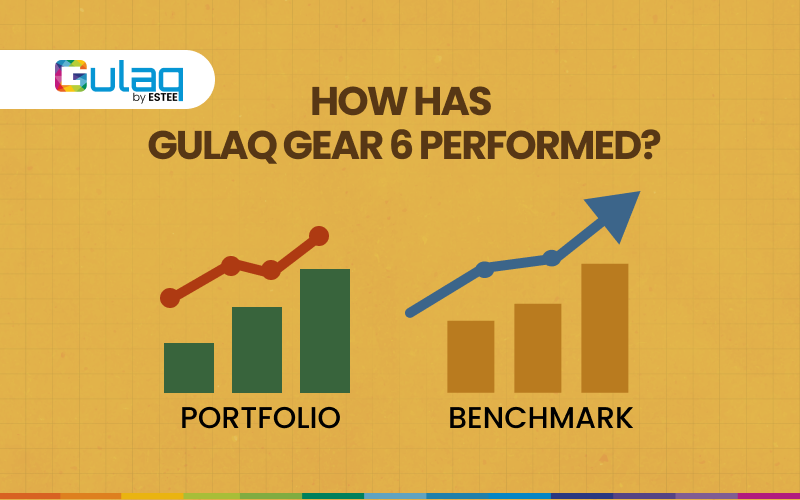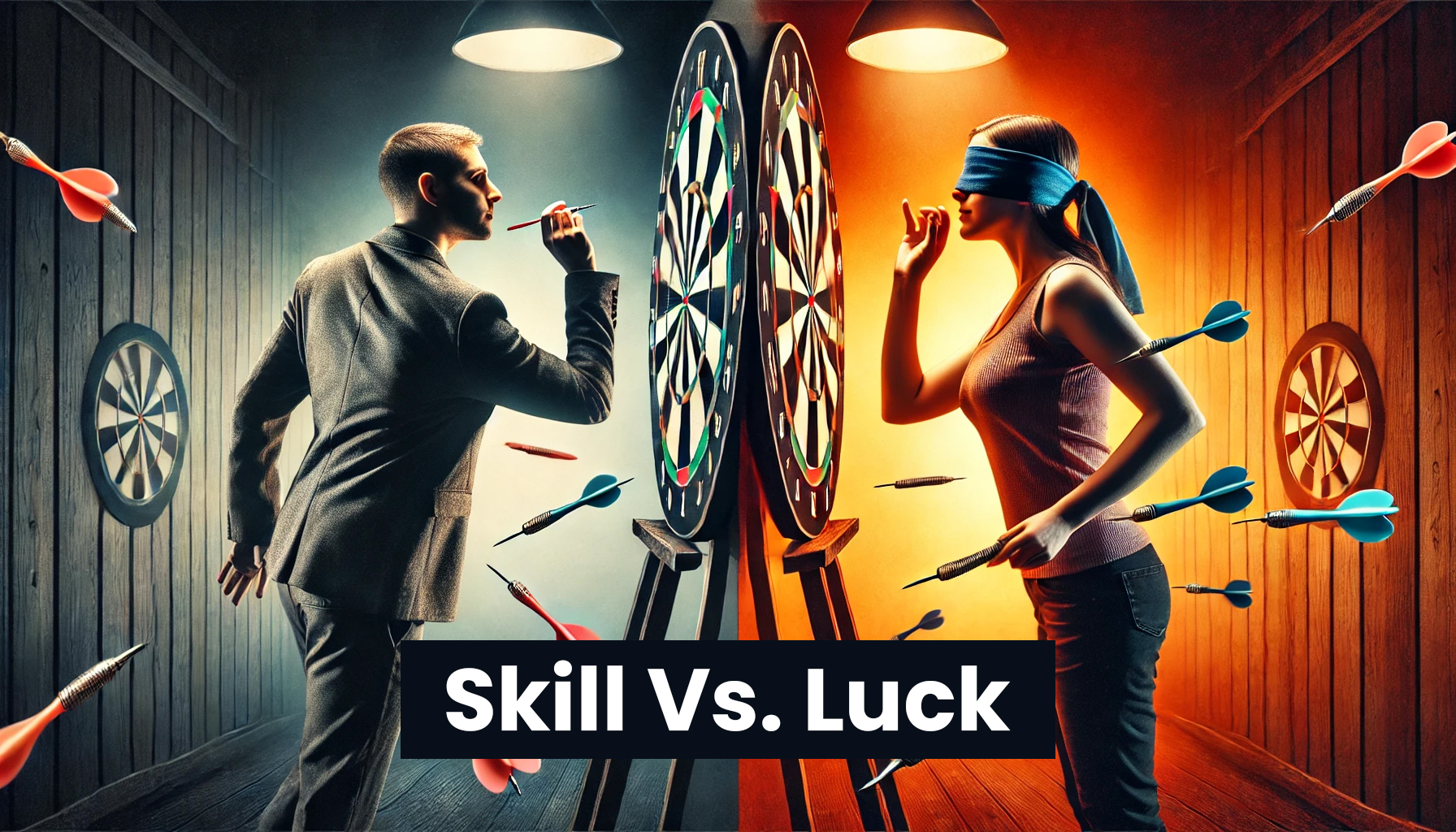
Skill vs. Luck – What Drives Investment Returns?
In stock market a good decision can lead to a bad outcome and a bad decision can lead to a good outcome. Luck plays a big role in investment outcomes but is often overlooked—sometimes intentionally.
If you tell yourself, you just got unlucky, you are making excuses. If you tell yourself, you got lucky, you feel diminished.
Recognizing the role of luck in investment outcomes is extremely important to aptly evaluate investment performance.
Consider this – you make an investment decision, and it performs spectacularly well. It’s easy to attribute this success solely to your sharp decision-making ability and boost your ego. But doing so can foster overconfidence in your skills, leading you to take on excessive risk by placing larger, more concentrated bets in the future. This is where things get dangerous. By overestimating your skill and underappreciating the role of luck, you expose yourself to a risk you can’t tolerate.
On the other hand, experiencing a poor result after what seemed like a sound decision can be equally misleading. You might end up doubting your abilities, leading to frustration and diminished confidence. This type of self-criticism can cause paralysis or poor decision-making in future investments.
The key to improving as an investor lies in recognizing that luck plays a crucial part in outcomes. Separating the influence of luck from skill is essential if you want to enhance the quality of your decision-making process over time.
Stock Market: A Game of Poker, Not Chess

In her book Thinking in Bets, Annie Duke, draws a comparison between decision-making in chess and poker.
In chess, every piece and possible move is visible to both players. The game is fully objective, and for any given situation, there is an optimal move. If you lose a game, you must have played a wrong move.
On the other hand, in poker, much like in stock market, you don’t have all the facts—you have to make decisions under uncertainty. It is a game of incomplete information. Valuation information remains hidden. This leads to an element of luck creeping into the outcomes.
In chess, if someone is even slightly better than another, it is nearly inevitable that the better player will win (If they are white) or, at least, draw (if they are black) every single time. However, in poker, much like in markets, even a rookie can beat the best players.
This is because chess is a pure skill-based game. Whereas poker is a combination of skill and luck. To improve one’s game, one must separate the influence of luck in the outcome.
How to Tell Apart Skill from Luck
The best way to telling apart skill from luck is—repeatability.
Luck is random, you have no influence over it. A Key property of randomness is that it is not repeatable. If somebody generated a 50% return in a year, that’s good. But can he repeat that performance the next year, and the year after?
Howard Marks, in one of his memos, shared an interesting story of David Vanbenschoten, who managed General Mills pension fund.
“Dave told me that, in his 14 years in the job, the fund’s equity return had never ranked above the 27th percentile of the pension fund universe or below the 47th percentile. And where did those solidly second-quartile annual returns place the fund for the 14 years overall? Fourth percentile! I was wowed. It turns out that most investors aiming for top-decile performance eventually shoot themselves in the foot, but Dave never did.”
It’s not a single years or even a couple of years of exceptional performance that puts you ahead, but consistent above average performance. Morgan Housel puts it best, above average performance for an above average period of time, creates exceptional outperformance.
Bottom Line
Stock market is a complex sum of numerous factors—emotions, wars, macro variables, etc. While you may consider some of those factors in your decision-making, it is impossible to capture all of them. Hence, there is always an element of luck in the investment outcome.
Separating the influence of luck from the outcome is difficult but important to improve decision-making.
So, next time you feel excessively proud because the stock you invested in has turned out to be a multi-bagger, ask yourself—is it because of skill or luck?
Related Posts
Is Market Cap the Best Way to Build an Index?
Nifty 50 is a free-float weighted index – a slight variation of market cap weighted…
3 Books That Changed How I Think About Risk and Markets
Over the past two decades, I’ve built a quiet but consistent habit — reading. Not…
All Nifty Bees Are Equal — But Some Are More Equal Than Others
The title, inspired by George Orwell’s classic Animal Farm, perfectly captures the essence of this…
Investing with Confidence by Prioritizing Fundamentals in Volatile Markets
Investing in the stock market is a roller-coaster ride. Recent global trade tensions, heavy outflows…


